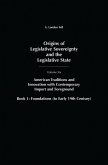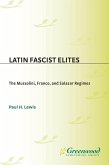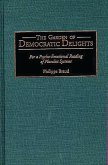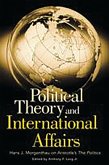Sicker argues that it is the achievement of orthocracy as the motivating concept of the state rather than democracy as its optimum form that is crucial for mankind in the 21st century, notwithstanding that the widespread adoption of substantive democracy may be the best currently conceivable means for reaching the goal of universal responsible statehood. In a critique of much modern political theory, Sicker reexamines the essential idea of the state as well as its purpose as understood from a variety of perspectives, a subject that has largely been neglected over the past several decades as a subject of interest to political theorists in the United States. He then considers the relationship of the state to its constituents, a subject that leads to a discussion of rights and obligations, and whether that relationship is defined entirely by the state or whether its constituents are endowed with natural rights that are independent of the state that the state must take into account in asserting its authority. This is followed by an extensive discussion of the corollary concepts of generic, social, political, and economic equality, and concludes with a consideration of some ideas that might serve as the motivating principles of an orthocratic state.
The treatment of equality developed by Sicker differs in a number of respects from the approach taken in a good deal of modern writing on political theory, much of which is primarily concerned with the question of individual liberty. However, he argues equality must necessarily take precedence over liberty in the hierarchy of social values, that the primary social value is not liberty but equality, and that the claim of a right to individual liberty is clearly predicated on the presumed equality of men in society. This is a thoughtful analysis that will be of concern to scholars and students involved with political theory as well as the concerned citizen.
The treatment of equality developed by Sicker differs in a number of respects from the approach taken in a good deal of modern writing on political theory, much of which is primarily concerned with the question of individual liberty. However, he argues equality must necessarily take precedence over liberty in the hierarchy of social values, that the primary social value is not liberty but equality, and that the claim of a right to individual liberty is clearly predicated on the presumed equality of men in society. This is a thoughtful analysis that will be of concern to scholars and students involved with political theory as well as the concerned citizen.









